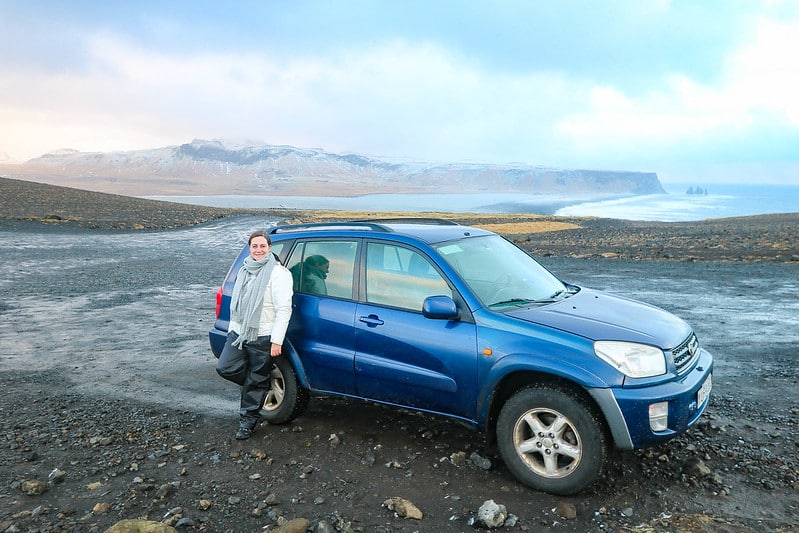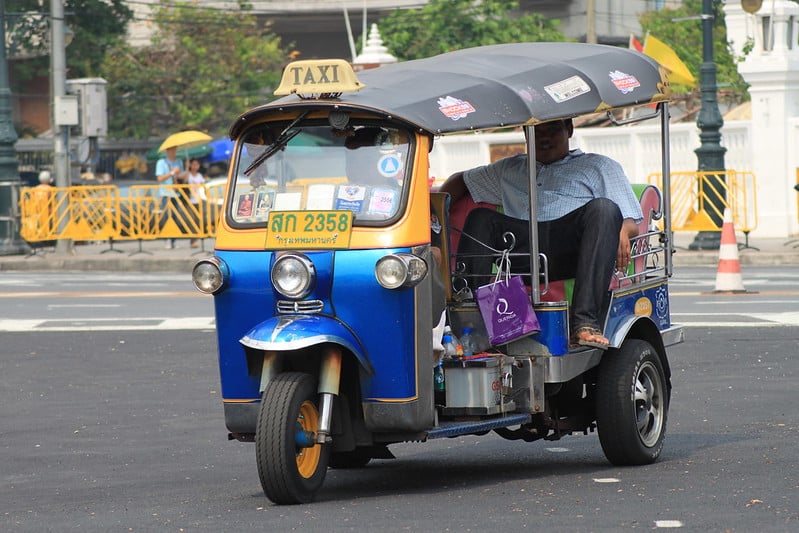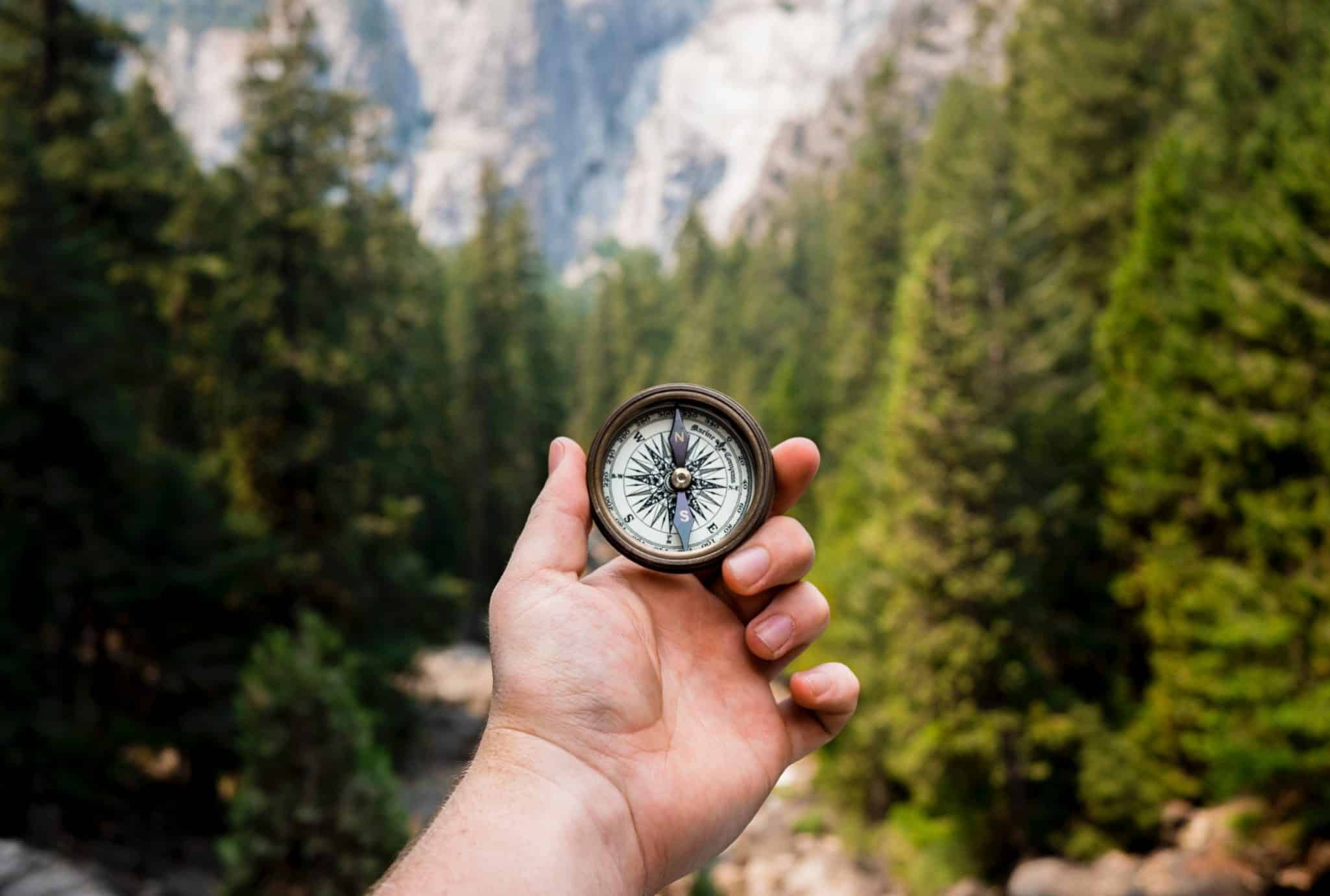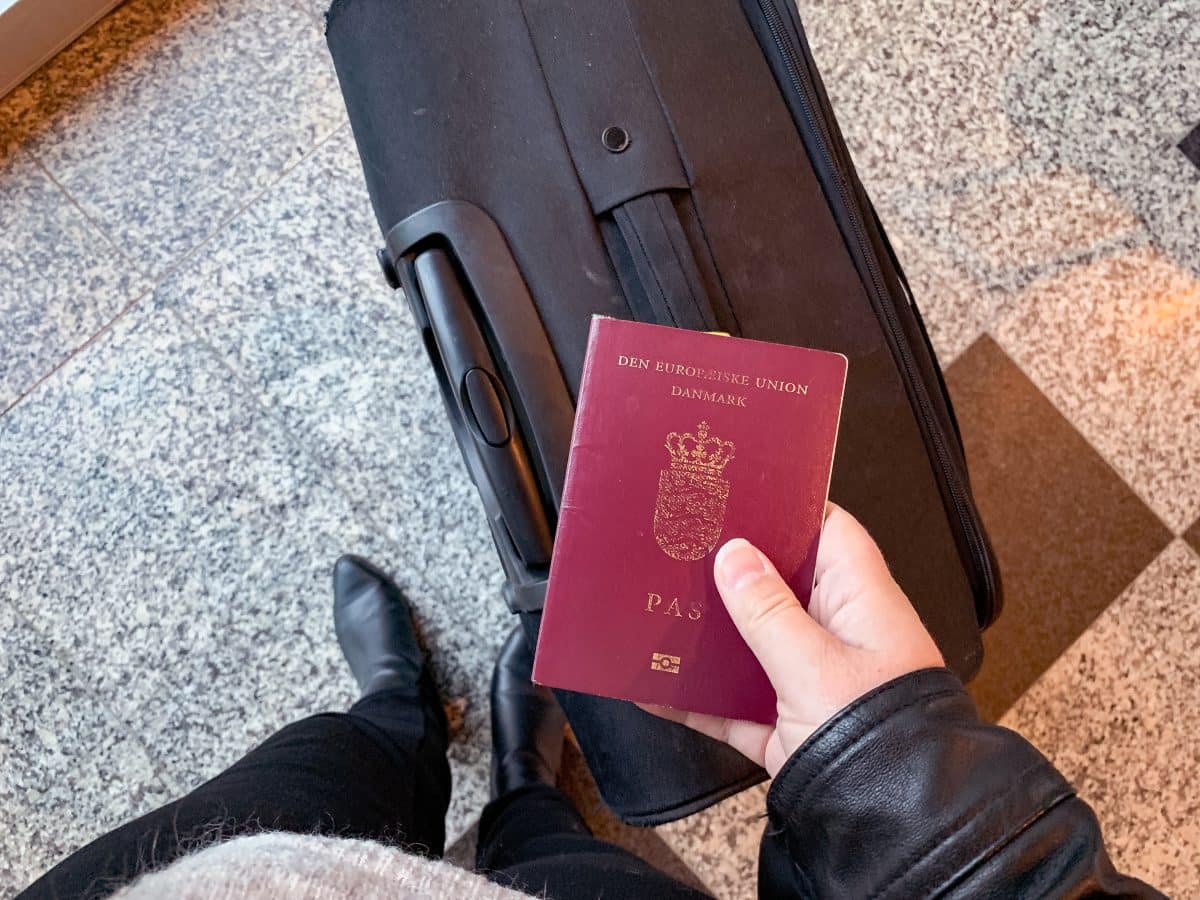Here’s everything you need to know to prevent holiday sickness
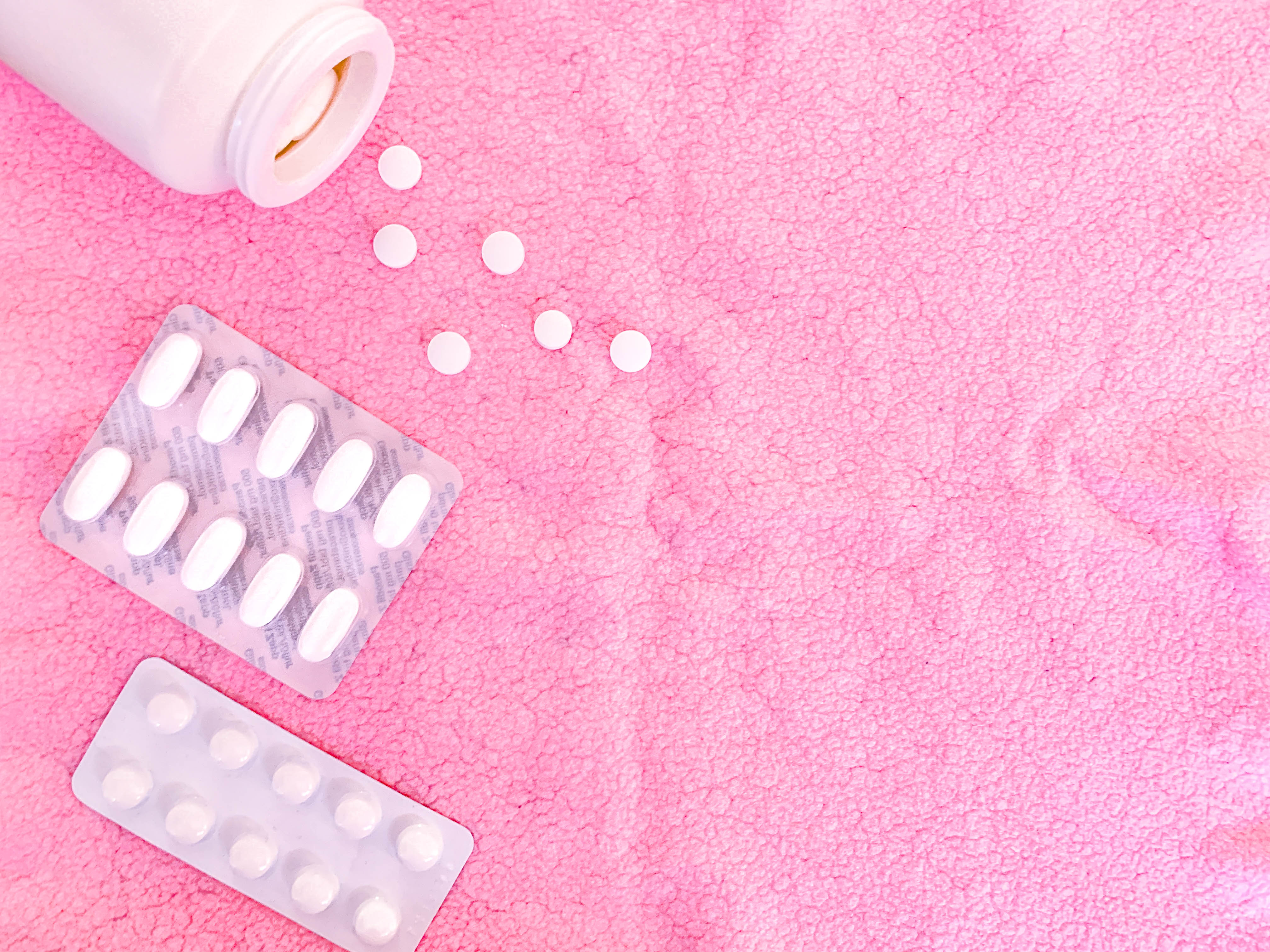
Holiday sickness. Ugh. It’s the worst, isn’t it. You’re finally on the vacation you’ve been longing for, and then you’re hit with a serious case of pneumonia, altitude sickness or even worse – dengue fever (oh, horror!).
Nobody likes getting sick on holidays, but unfortunately it does happen. There are a lot of great and effective ways to avoid travel sickness, though.
From sensible methods like getting your shots to simple things like staying hydrated, let’s take a look at some of the best ways to avoid holiday sickness and ensure you have the healthy holiday you deserve!
This post contains referral links for products I love. Adventurous Miriam earns a small commission at no extra cost to you if you purchase through my links. I appreciate your support ♡ Learn more
Infections to be aware of
Before we dive into how to avoid travel sickness, we should take a look at some of the most common holiday sickness problems that you may suffer with or be in danger of contracting. After all, knowing is half the battle!
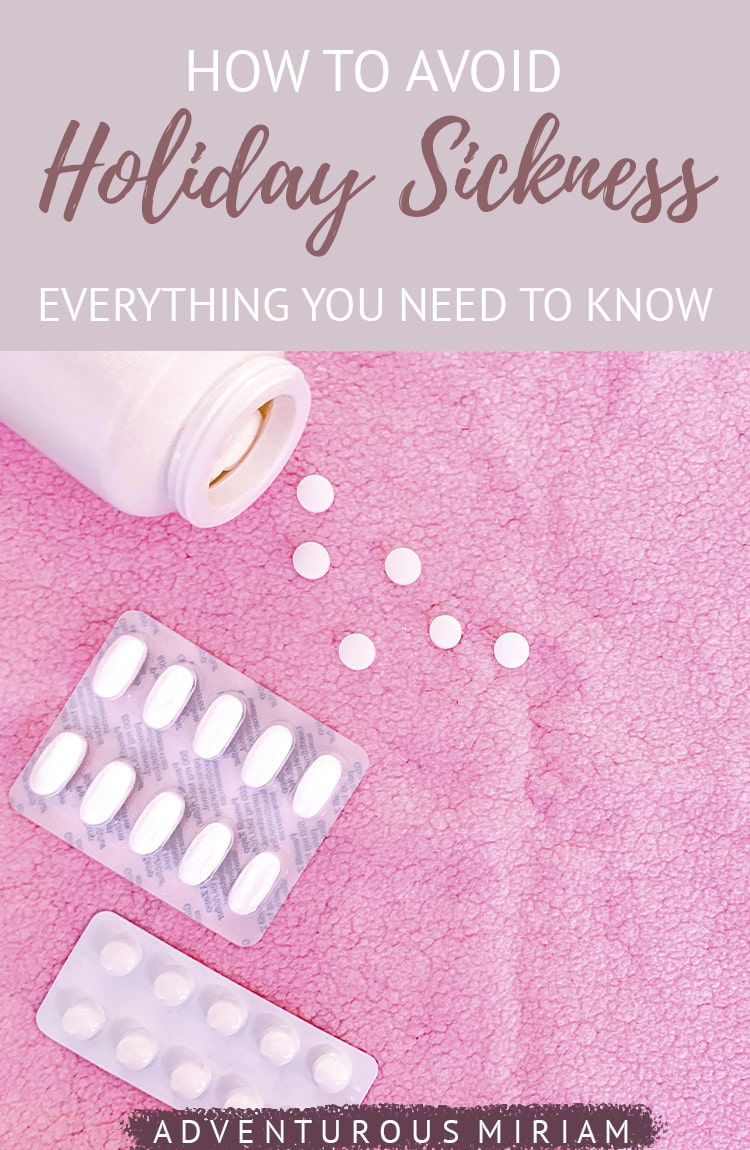
Water and food diseases
- Food poisoning
- E.coli
- Hepatitis A
- Typhus
There are certain diseases that comes from contaminated water and undercooked or poorly prepared foods. Many of them are specific to certain regions of the world, but some can be found just about anywhere. These include food poisoning and E. coli, Hepatitis A, Typhus, and Cholera. Most of these diseases have similar symptoms, including diarrhoea, vomiting, high fever, and severe muscle aches.
Treatment – If you get food poisoning on holiday or get any waterborne holiday sickness, find a doctor and get a diagnosis. Also stay very hydrated with clean (bottled) water and take antibiotics to clear out the infection.
How to prevent – Always avoid public water, including tap water. Stick to bottled water only, at all times. Also avoid raw foods or visiting places where the food might be poorly prepared. Clean and high-quality restaurants are far safer than street food stalls, for example.
Blood borne viruses
- Hepatitis B
- Hepatitis C
Unlike Hepatitis A, hep B and C are both blood borne viruses. This means they’re only spread through coming into contact with the blood of an infected person. Symptoms are similar to hep A, though, including a high fever, diarrhoea, aches and pains, and exhaustion.
How to prevent – Be safe at all times. Use protection if you’re having sex. If getting a tattoo or a piercing (which is always safer to get at home, though), ensure first that the needles are new and clean.
Insects and animal bites
- Malaria
- Dengue fever
- Yellow fever
- Japanese encephalitis
More often than not, holiday sickness comes from animal or insect bites. The most common of these are malaria, dengue fever, yellow fever, and Japanese encephalitis. If you’re heading to a humid country in Africa, South America, or South East Asia, these diseases can be spread easily by mosquito bites. Symptoms include: muscle pain, headaches, confusion, dizziness, tiredness, and a fever.
How to prevent – Yellow fever and Japanese encephalitis both have vaccinations that you should get before you travel. Malaria tablets should be taken for the whole duration of your holidays (and it’s best to take them before you sleep because they can have some nasty side effects, including nausea). And dengue fever? Well, there’s no vaccination or tablet to prevent, but you should check if it’s common in the area you’re travelling to and then use mosquito spray religiously.
Rabies
It won’t turn you into a zombie, but you will get the other nasty rabies symptoms: rage, anxiety, hyperactivity and fever, to mention a few. The deadly disease is usually transmitted via dog or monkey bites or scratches. If you are bitten or scratched, clean the wound immediately with alcohol or iodine and visit a hospital as quickly as possible.
How to prevent – Don’t get near stray or wild animals, especially dogs, monkeys and bats.
Airborne diseases
- Diphtheria
- Tuberculosis
- Polio
- The flu
- Meningitis
The most common airborne diseases you may get on holiday include diphtheria, tuberculosis, polio, influenza, and meningitis. Some are more serious than others, but all include a high fever. Other symptoms also include tiredness, dizziness, diarrhoea, vomiting, and hot and cold flushes.
How to prevent – Since these diseases are the easiest to contract (there are no animals and no dirty water or food to avoid), it’s vital that you get fully vaccinated against them before heading to a country where there’s a high risk of contracting airborne diseases. As for the flu or a cold – try to avoid too much air conditioning.
Altitude sickness
Altitude sickness (also known as AMS), is not deadly and is not contracted via bacteria or viruses. It is caused by being in a high-altitude place and having sensitivity to that altitude. Symptoms of altitude sickness include dizziness, nausea, vomiting, shortness of breath, and headaches.
How to prevent – You can read more about how to prevent and treat altitude sickness here, but some simple tips are to stay well hydrated, eat a high-carb diet while you’re up high, and avoid drinking alcohol since it thins your blood.
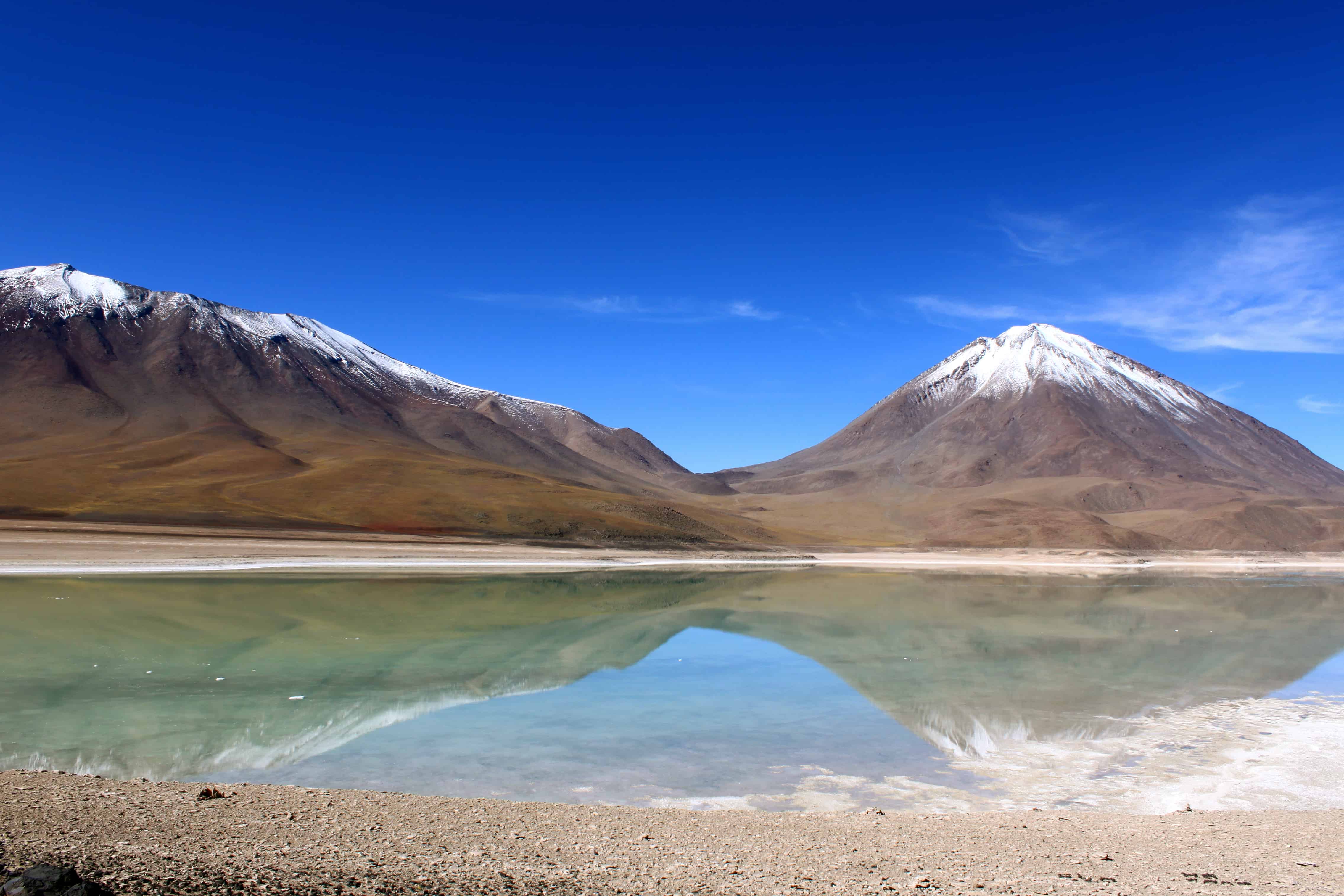
How to prevent holiday sickness
Ok, so we’ve looked at the most common infections and deceases that could ruin your holiday. Now, let’s take a look at how you can prevent getting sick in the first place. Because that’s the goal!
Wash your hands
This is the simplest and easiest way to avoid holiday sickness. It almost seems too easy, but trust me… If you keep your hands clean, you avoid germs and diseases on your skin, as well as transmitting them to other people.
Keep a hand sanitiser with you for this, which will also come in hand for helping to clean any open wounds you might end up getting.
Get your shots
I cannot stress this one enough. So many of the airborne, blood borne, and waterborne diseases we’ve talked about here can be prevented completely by getting your shots before you head out on holiday. If you get your vaccines, you’ll steer clear of the nasty ones.
Read next: Which travel vaccines do I need?
Bring a medical kit
I always bring a little first aid kit with medicine, gaze and plasters. Specifically make sure to have some antibiotics and antihistamines in your medical kit. There are foods you’ve never tried which you may be allergic to, and that can really take you by surprise. So have some antihistamines on you just in case!
Read next: What to pack in your travel first aid kit
Avoid ice
Drinking clean bottled water or bottled soda is a great way to avoid waterborne diseases. However, people often forget about ice. Ice in drinks is usually made from tap water, so it’s just as unsafe as any other tap water. So, avoid the urge to have ice in your drink on a hot day, and just stick to ordinary bottled water or soda.
Drink bottled water
As I’ve just mentioned, tap water in most countries is just as unsafe as drinking out of a puddle. That includes when you’re brushing your teeth. Showering is okay, though, as long as you don’t swallow any of the water.
Many travellers drink from the tap in Europe, but the thing is… your immune system and stomach is not used to those foreign bacterias. So, even if it’s perfectly safe for locals, your body might disagree. We have some of the cleanest tap water in Denmark (we even swim in our harbours), so I might be a little picky. But the only place in the world I drink from the tap is Scandinavia, and I’ve stayed healthy.
Be careful of food hygiene
You may want to avoid salads, meat that has been outside for a while, reheated food, buffet food, and raw food. All of these can carry dangerous germs and parasites, eww. Stick to foods that have been thoroughly cooked, and only eat from trustworthy street food stalls. It’s not always the most fun way to travel but, hey, you’re on holiday, and it’s certainly more fun than wasting days in bed.
Protect yourself from the sun
This is simple common sense. You don’t want to add sunburn to your list of potential issues when you’re on holiday. Wear sunscreen at all times, even in the shade, rather than run the risk of burning yourself. And you know the drill: Stay out of the sun from 12 – 3pm.
Stay active
Yeah, I know. It’s your holiday and you’re there to relax. But if you keep fit, you’ll only support your immune system. Especially if you’re eating a little less healthy while you’re on holiday. Take a few walks, stroll down the beach, swim or go snorkeling.
It keeps your body energised and fit for fight!
Drink plenty of water
This is another simple and very effective way of staying healthy and avoiding sickness when you’re on holiday. If you do end up getting something that causes a fever, diarrhoea, or vomiting, staying well hydrated is essential to recovering fast! And staying hydrated (with clean, bottled water) is also the best way to avoid holiday sickness altogether.
Use mosquito and bug repellent
Since mosquitoes carry so many of the worst diseases, such as malaria, it’s vital that you bring plenty of bug repellents with you. Spray religiously to ensure those mean little pests stay far away from you! They’re also at their worst during the twilight hours, so make sure to stay inside during that part of the day.
Talk to a professional before your trip
For any information about travel vaccines, malaria tablets, or just general advice about preventing holiday sickness, you should talk to a doctor or medical professional before you travel anywhere at all. Especially if you’re going off the path or somewhere with a higher risk, like Africa, South America and Southeast Asia.
Don’t forget travel insurance
And what if you do get sick on your trip? Like really sick. What happens then?
Well, if you have travel insurance, you’ll be in good hands. It means that you can visit any doctor or hospital and be treated without issue. Trust me, you don’t ever want to be in a position where you need medical help but aren’t insured. I use World Nomads Travel Insurance wherever I go.
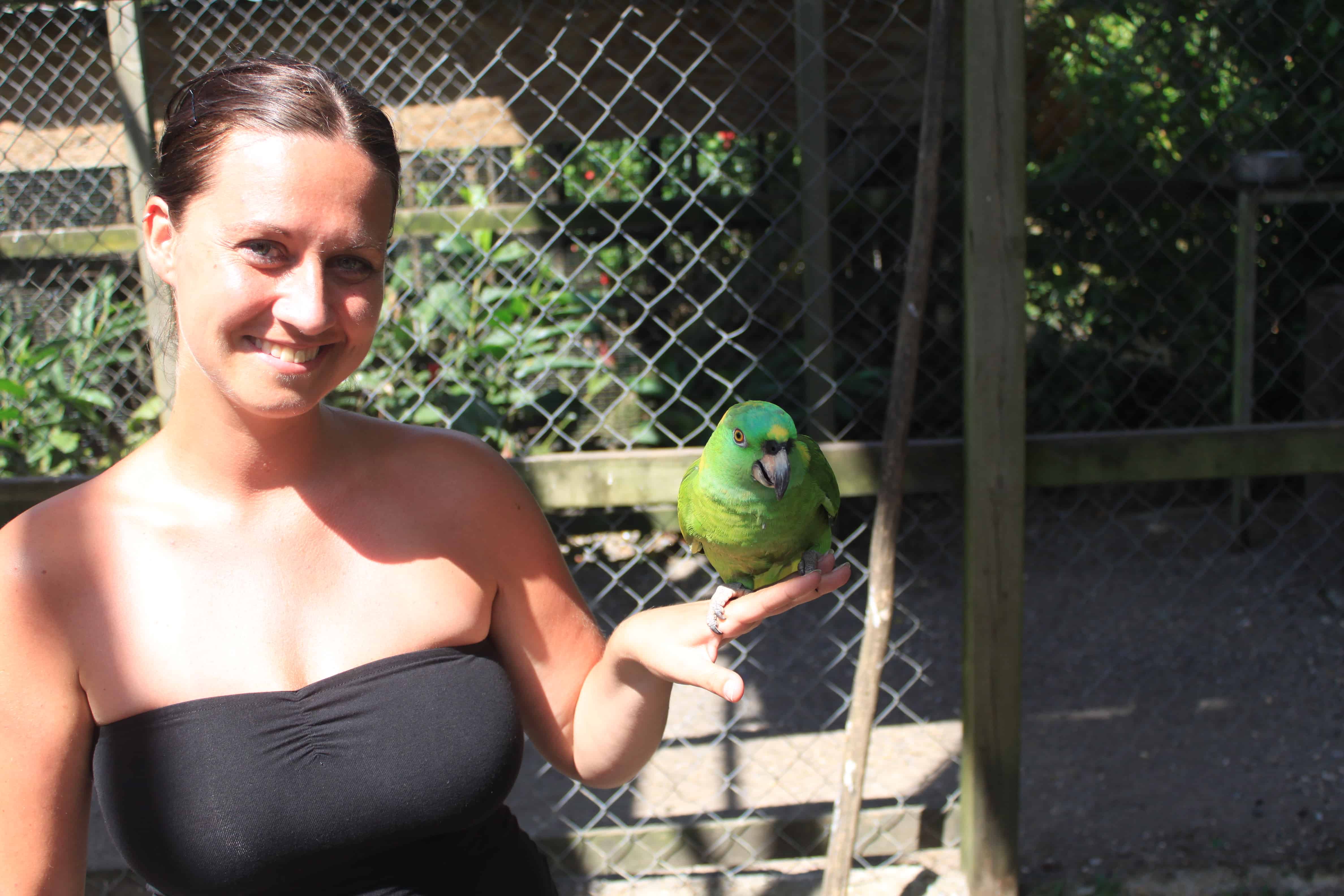
Are you going on vacation and worried about your health? Let’s talk in the comments.
More travel safety posts you might like
- Bali scams – and how to avoid them
- 8 common taxi scams (and how to avoid them)
- 27 essential travel safety tips everyone should know
- 20 solo female travel safety tips
- Do I really need travel insurance
- 10 common travel scams and how to avoid them
- Travel Insurance (Review) – Do I REALLY Need It?
- 10 easy ways to treat Altitude Sickness (AMS)


